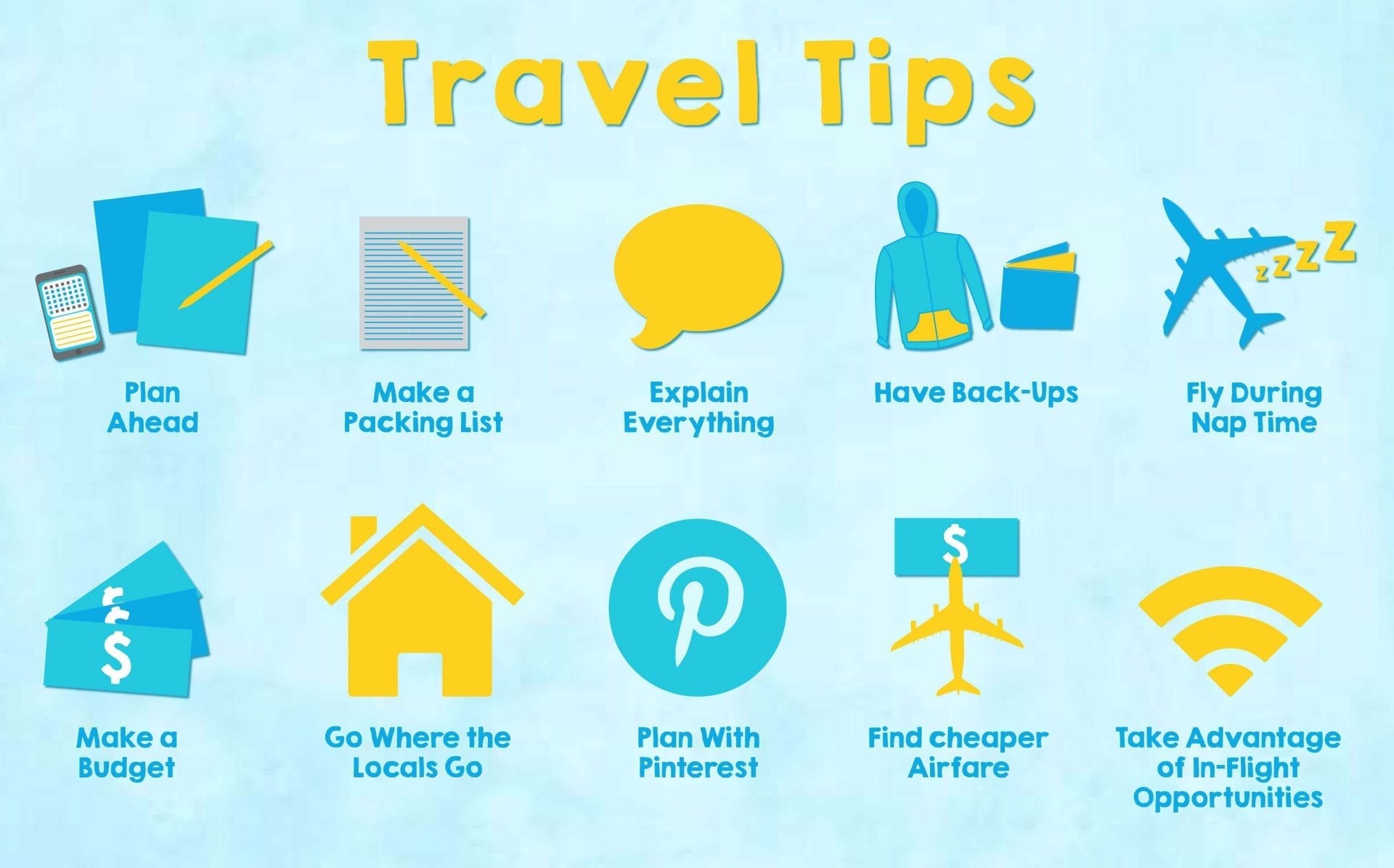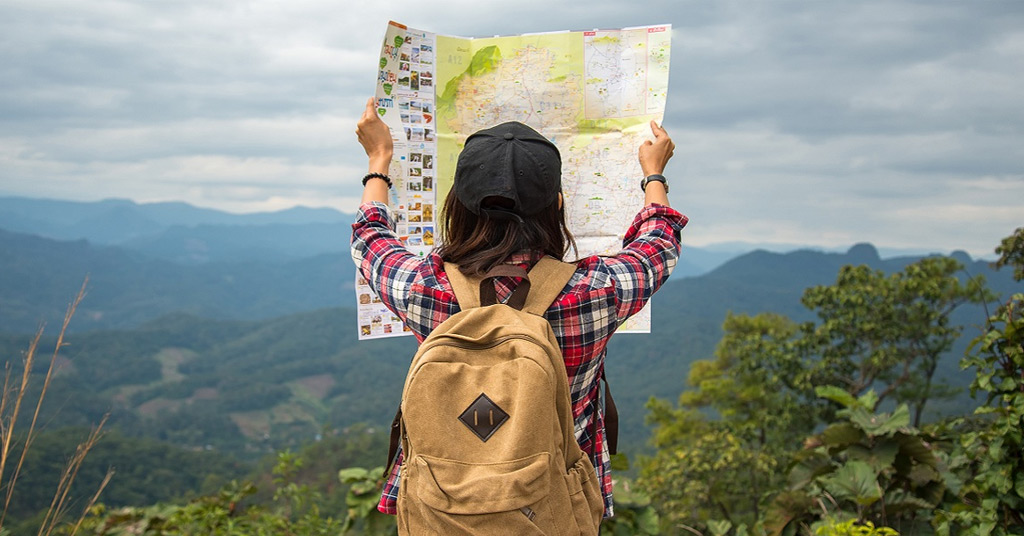TRAVEL TIPS FOR BEGINNERS
TRAVEL TIPS FOR BEGINNERS
1. Plan and Prepare
- Research Your Destination: Learn about the culture, customs, and weather of your destination. Knowing basic local phrases can also be helpful.
- Create an Itinerary: Outline your major activities and places you want to visit, but leave room for spontaneity.
- Book in Advance: Secure flights, accommodation, and any essential activities early to get better rates and availability.
2. Packing Smart
- Make a Checklist: Create a packing list to ensure you don’t forget essentials like your passport, tickets, and medications.
- Pack Light: Aim to pack versatile clothing and avoid overpacking. Use packing cubes or organizers to keep things tidy.
- Travel Essentials: Bring a universal adapter, a portable charger, and a small first-aid kit.
3. Health and Safety
- Travel Insurance: Purchase travel insurance to cover health issues, cancellations, or lost luggage.
- Health Precautions: Check if you need any vaccinations for your destination and carry necessary medications.
- Safety First: Keep copies of important documents, use a money belt or neck pouch for valuables, and be cautious in unfamiliar areas.
4. Financial Management
- Budget: Set a daily budget and track your expenses to avoid overspending.
- Currency: Use a credit card with no foreign transaction fees and carry some local cash for small purchases.
- Notify Your Bank: Inform your bank of your travel plans to avoid issues with your credit or debit cards.
5. Navigating Transportation
- Local Transport: Familiarize yourself with local transportation options like buses, trains, or subways. Apps like Google Maps can be very helpful.
- Airport Transfers: Plan how you’ll get from the airport to your accommodation. Look into public transport, airport shuttles, or ride-sharing services.
6. Accommodation Tips
- Read Reviews: Check reviews on platforms like Booking.com, TripAdvisor, or Airbnb to ensure your accommodation is reliable and suits your needs.
- Confirm Reservations: Double-check your bookings and addresses before departure.
7. Communication
- SIM Cards and Roaming: Consider getting a local SIM card or an international roaming plan to stay connected.
- Language: Learn a few basic phrases in the local language. Even simple greetings can go a long way.
8. Food and Water
- Eat Smart: Try local cuisine, but be cautious about street food and ensure it’s cooked thoroughly.
- Stay Hydrated: Drink bottled or filtered water if the local tap water isn’t safe.
9. Technology and Apps
- Download Apps: Use travel apps for booking accommodations, navigating cities, translating languages, and currency conversion.
- Backup Data: Keep digital copies of important documents like your passport and travel insurance on a secure cloud service.
10. Cultural Sensitivity
- Respect Local Customs: Be aware of and respect local customs and traditions. Dress appropriately and follow local etiquette.
- Be Mindful: Avoid controversial topics and be polite and respectful towards locals.
11. Emergency Preparedness
- Know Emergency Numbers: Familiarize yourself with local emergency numbers and the location of the nearest embassy or consulate.
- Keep Important Contacts: Have a list of important contacts and addresses, including your accommodation and local emergency contacts.
12. Stay Organized
- Keep Documents Safe: Use a travel wallet or organizer for your passport, tickets, and important documents.
- Label Your Luggage: Ensure your luggage is clearly labeled with your name and contact information.
Travel Checklist
Before Departure:- Passport/Visa
- Travel Insurance
- Flight/Train/Bus Tickets
- Accommodation Confirmation
- Currency/Travel Money
- Essential Medications
- Itinerary and Contact Information
- Clothing and Footwear
- Toiletries
- Electronics and Chargers
- Travel Adapter
- First-Aid Kit
- Snacks and Reusable Water Bottle
By following these tips, you'll be well-prepared for your journey and can focus on enjoying the new experiences and adventures that travel brings. Safe travels



Comments
Post a Comment